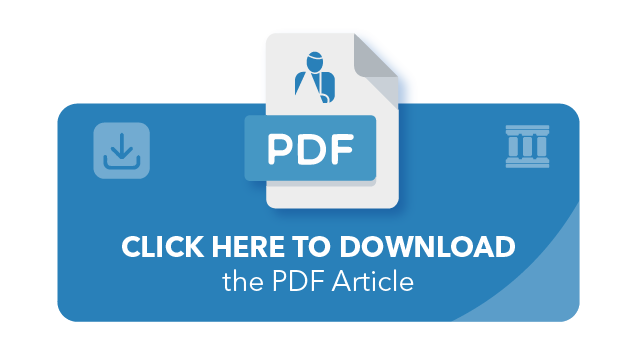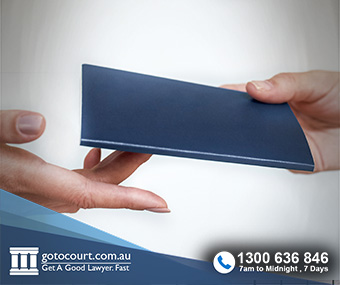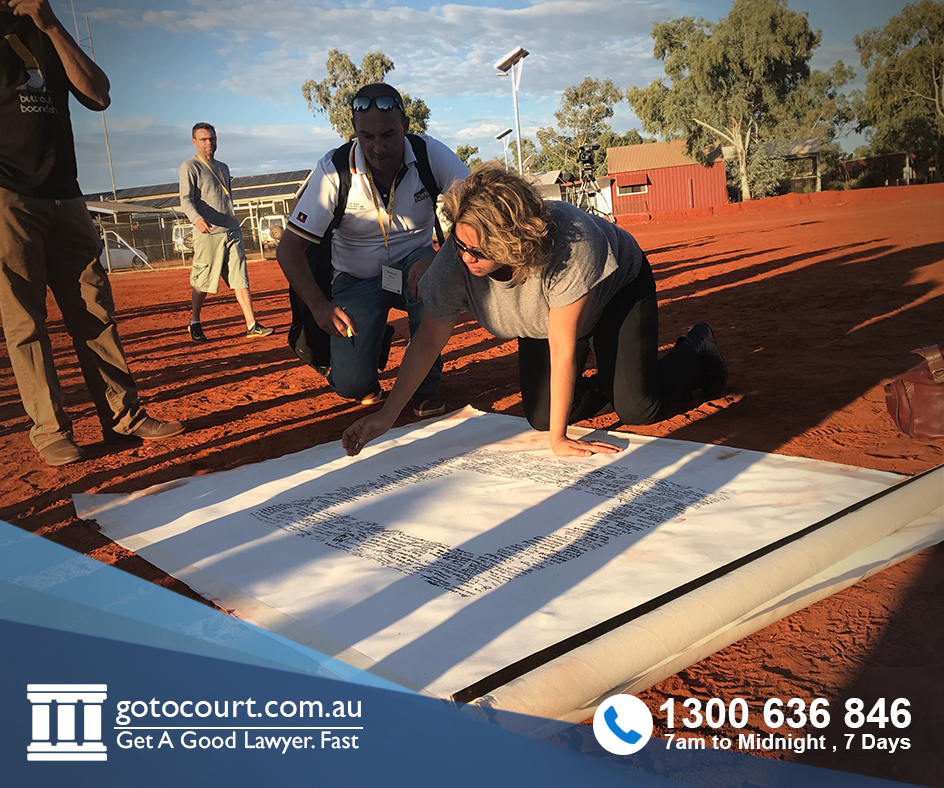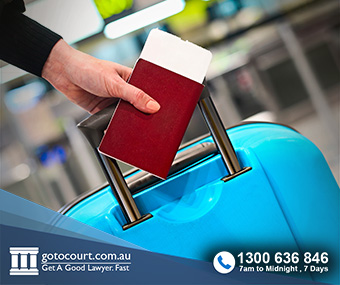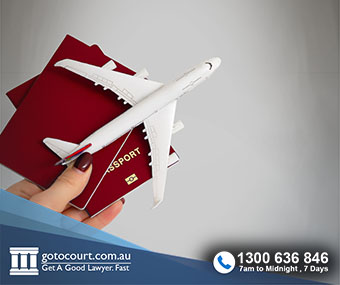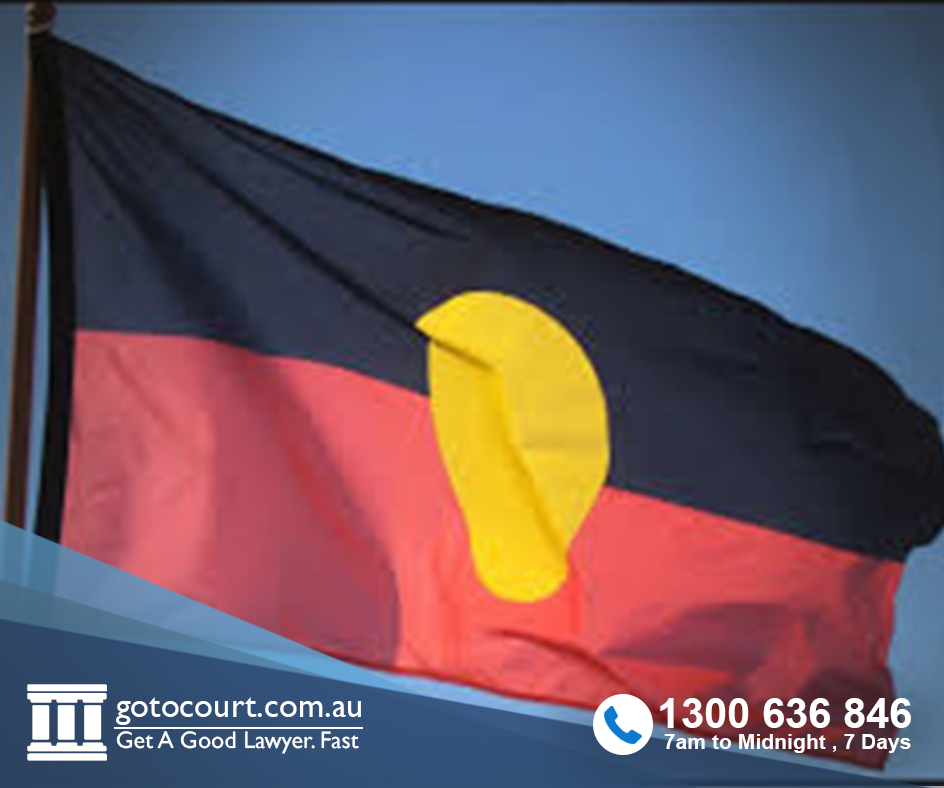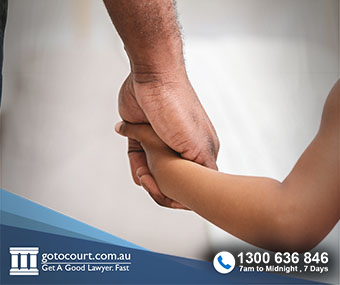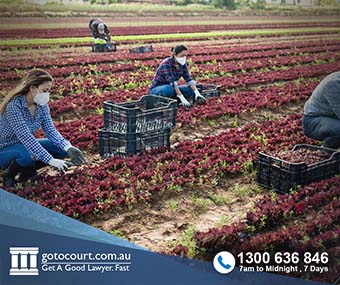Call our lawyers
now
or,
have our lawyers
call you
Refugee Visas
Updated on Dec 05, 2022 • 5 min read • 705 views • Copy Link
Refugee Visas
In Australia, asylum seekers are eligible to apply for refugee visas under the Australia’s Special Humanitarian Programme (SHP). Refugee Visas, also known as Protection Visas, are granted on a permanent basis (Protection Visa, subclass 866). The controversial Temporary Protection Visas, which allowed an asylum seeker to live in Australia temporarily on the basis of being a refugee, are not currently available. This article deals with the Refugee Visas currently available in Australia.
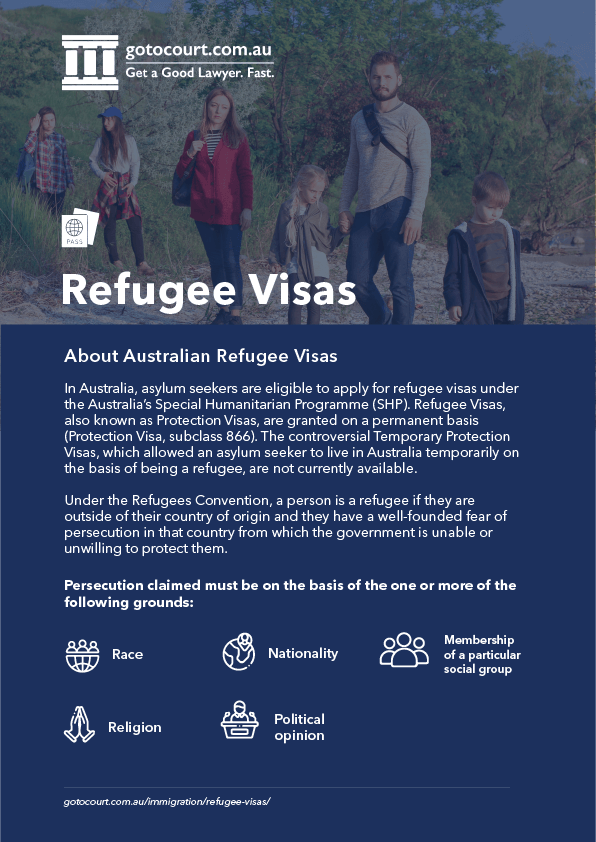
What is a refugee?
Under the Refugees Convention, a person is a refugee if they are outside of their country of origin and they have a well-founded fear of persecution in that country from which the government is unable or unwilling to protect them. The persecution claimed must be on the basis of the one or more of the following grounds:
- Race
- Religion
- Nationality
- Membership of a particular social group
- Political opinion
If a person is unsafe in their country or origin, but this is not because of persecution on one or more of the above grounds, the person will not be granted a Protection Visa. However, they may be granted a humanitarian visa.
If a person is facing persecution in their country of origin, but is still inside that country, they cannot be granted a Protection Visa. A person would have to leave their country and apply for protection from within Australia, or from within a third country.
Offshore and onshore refugee visas
There are two types of refugee visas available in Australia. These are the Offshore Resettlement visa, and the Onshore Protection visa. Both of these visas have various subclasses. The correct visa for a person to apply for will depend on whether they are in or outside of Australia at the time of applying.
Offshore Resettlement Visa
The Offshore Resettlement Program has two categories. The first is the refugee category, and the second is the special humanitarian program (SHP) category.
The refugee category is for those that are subject to persecution, as defined in the Refugees Convention 1958, in their country of origin. The SHP category is for those who are not refugees, but are subject to discrimination, and violation of their human rights in their country of origin.
To be eligible for an offshore resettlement visa, a person must be living outside of their country of origin and must be proposed by an Australian citizen, permanent resident, or Australian organisation. The different subclasses of visas available under these two categories include:
- the Refugee Visa (subclass 200), most of the applications have already been identified by the United High Commissioner for Refugees and referred to the Australian Government;
- the In-country Special Humanitarian Programme Visa (subclass 201), which is for people who are still residing in their country and have been unable to leave;
- the Global Special Humanitarian Programme Visa (subclass 202), which is for non-refugees;
- the Emergency Rescue Visa (subclass 203), which is an accelerated processing arrangement for those that satisfy the refugee criteria and in immediate danger; and
- the Women at Risk Visa (subclass 204), which is for female applicants defined as refugees who do not have the protection of a partner, or relative and are in danger of victimisation.
Onshore Protection Visa
The Onshore Protection Visa is for people who are already in Australia and want to apply for protection on the basis that they face persecution in their country of origin from which the government is unable or unwilling to protect them. This visa is known as the Protection Visa (Class XA) (subclass 866). To be granted this visa you must meet the definition of a refugee set out in the Refugees Convention, and meet the Complementary Protection criteria in the Migration Act 1958. If you are granted with a Protection Visa then you will have a permanent right to stay in Australia allowing you to work, study, access Medicare, and receive Social Security payments.
Proposing an Applicant
All applicants who apply under these visa classes need to be proposed by an Australian citizen, a permanent resident, or by an Australian organisation.
The proposer is responsible for the visa holder’s travel costs, and must pay for them to travel to Australia. The government will pay for any medical examinations required for the visa.
When the visa holder arrives in Australia the proposer is required to assist them in their settlement. The proposer should meet them at the airport, provide immediate accommodation, help them to find long term accommodation, and help to familiarise them with the available service providers such as banks, Centrelink, Medicare, and schools etc.
If the proposer cannot afford to pay for the travel to Australia, then they can apply to the IOM No-Interest Loan Scheme, which can assist in paying up to 75% of travel costs. A payment arrangement is then entered into by either the proposer, or visa holder. The IOM can also assist with travel arrangements, and provide advice and support to assist getting the visa holder to Australia.
If you require legal advice or representation in any legal matter, please contact Go To Court Lawyers.

Affordable Lawyers
Our Go To Court Lawyers will assist you in all areas of law. We specialise in providing legal advice urgently – at the time when you need it most. If you need a lawyer right now, today, we can help you – no matter where you are in Australia.How It Works







1. You speak directly to a lawyer
When you call the Go To Court Legal Hotline, you will be connected directly to a lawyer, every time.


2. Get your legal situation assessed
We determine the best way forward in your legal matter, free of charge. If you want to go ahead and book a face-to-face appointment, we will connect you with a specialist in your local area.


3. We arrange everything as needed
If you want to go ahead and book a fact-to-face appointment, we will connect you with a specialist in your local area no matter where you are and even at very short notice.

